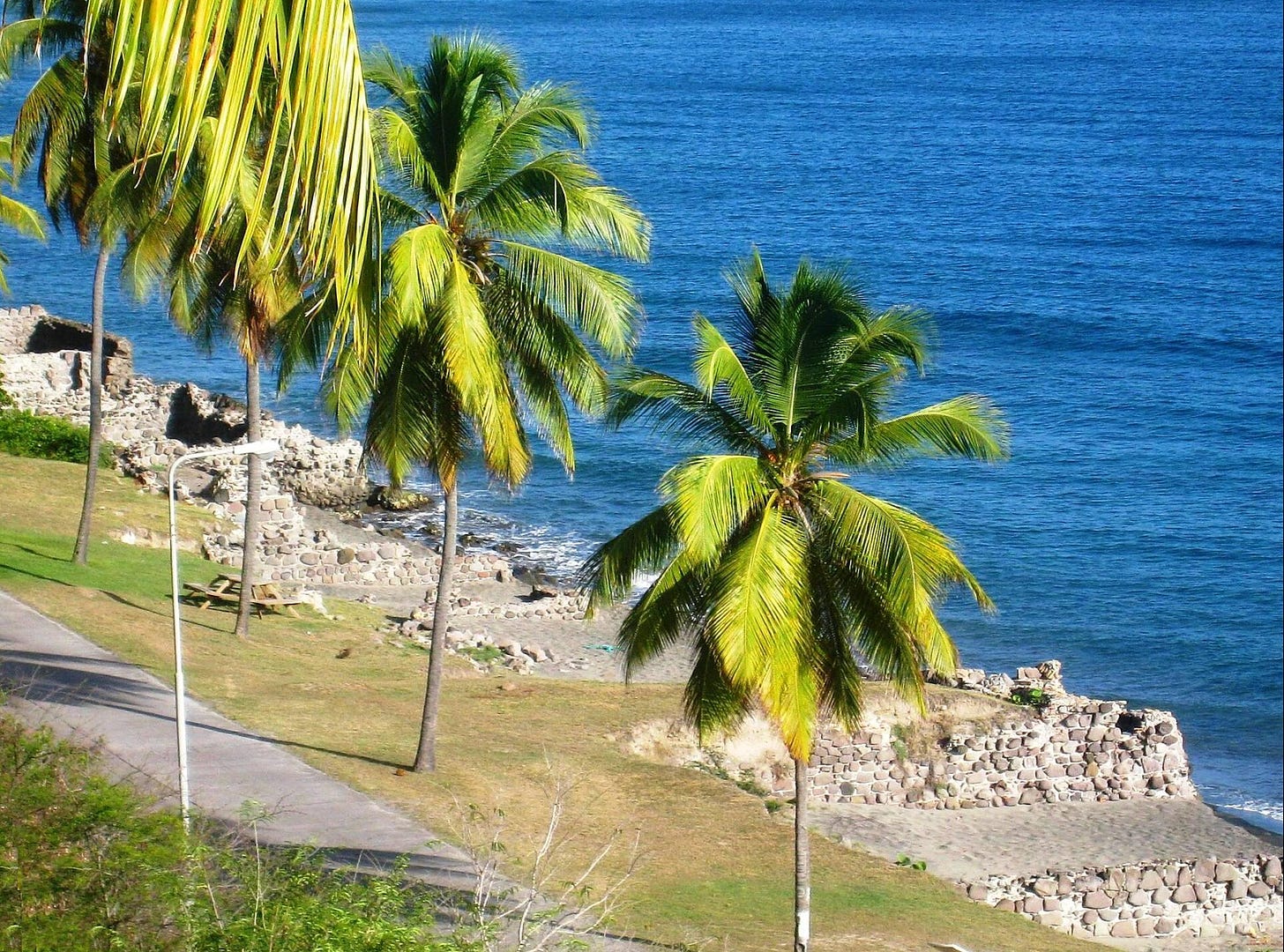Great Hurricane of 1780 Remains the Worst
The deadliest hurricane in history, with 22,000 dead, happened before the internal combustion engine was invented.
John Leake Oct 06, 2024 great-hurricane-of-1780
Climate Change Racketeers have incentivized the media to blare the talking point that human-induced climate change has made Atlantic tropical storms more powerful than they were in the past.
Sediment studies indicate that major hurricanes have been blasting through the Atlantic for centuries, and were especially strong during the Medieval Warm Period (MWP), also known as the Medieval Climate Optimum or the Medieval Climatic Anomaly—a time of warm climate in the North Atlantic region that lasted from c. 950 to c. 1250.
Christopher Columbus recorded two “violent hurricanes” in the years 1494 and 1495, the latter sinking three of his ships anchored in La Isabela harbor (now the Dominican Republic). Major hurricanes were a headache for the Spanish Treasure Fleet, sinking multiple treasure-laden galleons in the years 1622, 1715, 1733 and 1750. I grew up dreaming of finding one of these treasures in the Florida Keys. Mel Fisher beat me to it when he found the Atocha that sank in the Keys in the hurricane of 1622.
By far the deadliest hurricane in history was the Great Hurricane of 1780, which is estimated to have killed 22,000. Wikipedia provides a decent, succinct description:
The Great Hurricane of 1780was the deadliest Atlantic hurricane on record, as well as the deadliest tropical cyclone in the Western Hemisphere. An estimated 22,000 people died throughout the Lesser Antilles when the storm passed through the islands from October 10 to October 16.Specifics on the hurricane’s track and strength are unknown, as the official Atlantic hurricane database only goes back to 1851.
The hurricane struck Barbados likely as a Category 5 hurricane, with at least one estimate of wind gusts as high as 200 mph before moving past Martinique, Saint Lucia, and Sint Eustatius, and causing thousands of deaths on those islands. Coming in the midst of the American Revolution, the storm caused heavy losses to the British fleet contesting for control of the area, significantly weakening British control over the Atlantic. The hurricane later passed near Puerto Rico and over the eastern portion of Hispaniola, causing heavy damage near the coastlines. It ultimately turned to the northeast and was last observed on October 20 southeast of Atlantic Canada.
The death toll from the Great Hurricane alone exceeds that of many entire decades of Atlantic hurricanes.
On a technical note: wind strength on Barbados was estimated from damage to solid structures and debris such as straw that was found embedded in tree trunks. Seasoned naval officers also recorded their observations of the storm’s stupendous strength.

Stone warehouses on St. Eustatius destroyed by Great Hurricane of 1780.
Studying history gives us a sense of perspective about the human condition. Understanding the calamities, tragedies, and errors of the past equips us to recognize when people in positions authority are distorting reality in the pursuit of their selfish interests.
